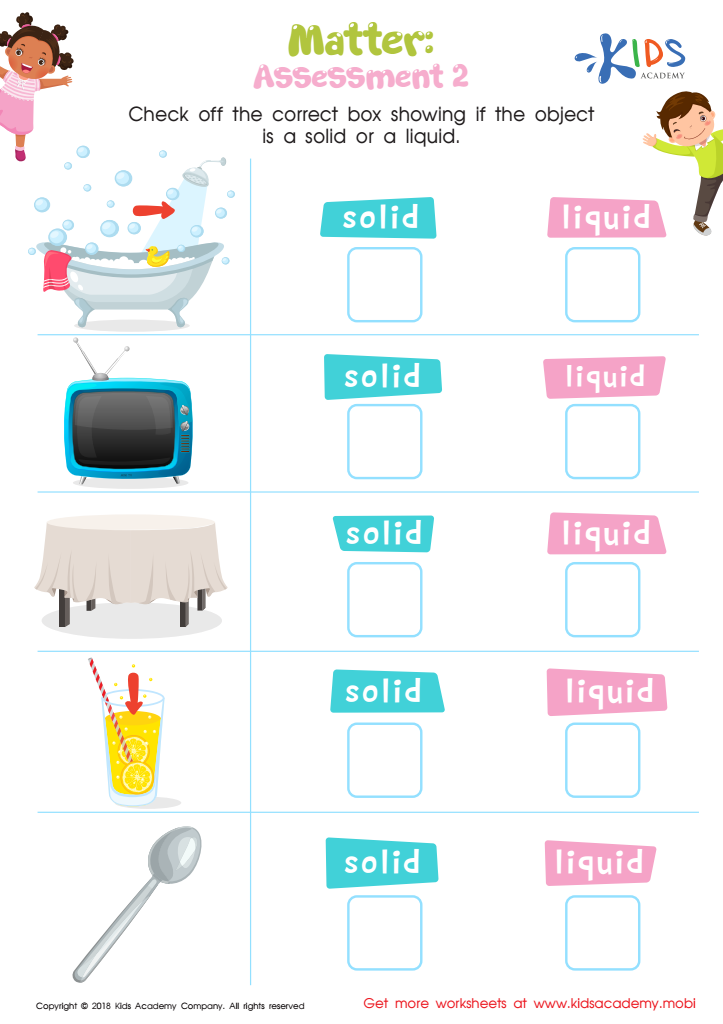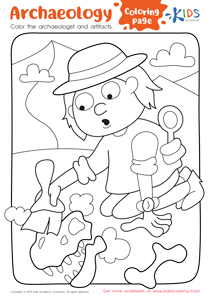Normal Science worksheets activities for Ages 7-8
9 filtered results
-
From - To


Matter: Assessment 1 Worksheet


Space: Assessment 1 Worksheet


Ecosystems: Assessment 1 Worksheet


Light and Sound: Assessment 2 Worksheet


Animals and Plants: Assessment 2 Worksheet


Matter: Assessment 2 Worksheet


Ecosystems: Assessment 2 Worksheet


Space: Assessment 2 Worksheet


Animals and Plants: Assessment 1 Worksheet
Normal Science worksheets activities serve as a powerful instructional tool, facilitating a deeper understanding of scientific concepts and fostering critical thinking skills among students. These structured activities not only provide a framework for learning but also make the exploration of the vast world of science more accessible and engaging. Here's why incorporating these activities into the classroom is invaluable:
-
Reinforcement of Learning: Normal Science worksheets activities offer an excellent opportunity for students to reinforce what they've learned in lectures or textbooks. By applying concepts in various scenarios, students can better grasp the practical applications of theoretical knowledge, ensuring that learning is not just superficial but deeply ingrained.
-
Building Analytical Skills: Science is not just about memorizing facts; it's about understanding processes, analyzing data, and drawing conclusions. Through well-designed worksheets, students are encouraged to think analytically, solve problems, and make connections between different pieces of information, which are essential skills in any scientific endeavor.
-
Fostering Curiosity and Engagement: With a variety of activities tailored to different learning styles, Normal Science worksheets can capture the interest of all students. Whether it's through experiments, observation logs, or interactive assignments, these activities can spark curiosity and encourage active participation in the learning process, making science more appealing and approachable.
-
Assessment and Feedback: These worksheets not only serve as a teaching tool but also as an assessment method. Teachers can gauge students' understanding of concepts, identify areas of improvement, and provide personalized feedback, which is crucial for academic growth.
-
Encouraging Independent Learning: By working through Normal Science worksheets, students learn to research, reason, and solve problems independently. This autonomy in learning fosters self-confidence and prepares students for future academic and life challenges.
In conclusion, Normal Science worksheets activities are essential in making science education more effective and enjoyable. By integrating these activities into the curriculum, educators can ensure that students are not only knowledgeable but also equipped with the skills necessary to navigate the complexities of the scientific world.
 Assign to the classroom
Assign to the classroom




.jpg)







